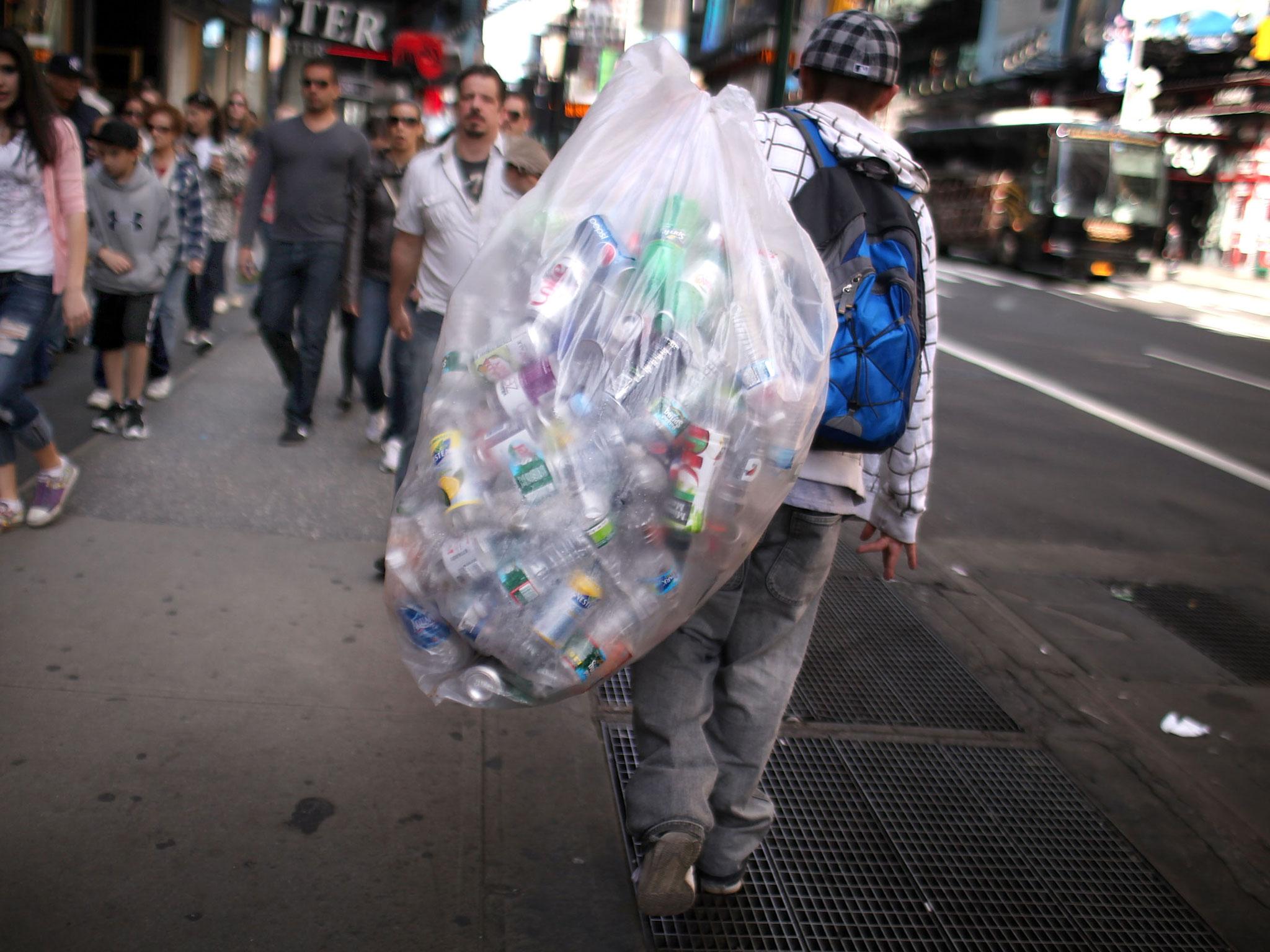'Teens are swapping sex for food' in the world's richest country
Researchers found that teenagers in 10 states are resorting to crimes of survival, such as robbery, drug dealing, and sexual exploitation, to get money for food

Your support helps us to tell the story
From reproductive rights to climate change to Big Tech, The Independent is on the ground when the story is developing. Whether it's investigating the financials of Elon Musk's pro-Trump PAC or producing our latest documentary, 'The A Word', which shines a light on the American women fighting for reproductive rights, we know how important it is to parse out the facts from the messaging.
At such a critical moment in US history, we need reporters on the ground. Your donation allows us to keep sending journalists to speak to both sides of the story.
The Independent is trusted by Americans across the entire political spectrum. And unlike many other quality news outlets, we choose not to lock Americans out of our reporting and analysis with paywalls. We believe quality journalism should be available to everyone, paid for by those who can afford it.
Your support makes all the difference.American teens stricken by widespread poverty in the country have taken to selling their bodies for food, according to new research.
The Urban Institute paints a bleak picture of life for teenagers in 10 low-income communities across the US. Some girls interviewed reported “selling their body” and having “sex for money”, while boys resorted to crimes of survival, such as selling drugs and shoplifting.
The study underscores ongoing economic problems within the US - with wages stagnating at the same time as the cost of living is increasing, creating growing problems of food insecurity.
Researchers with the Urban Institute, in partnership with Feeding America, conducted 20 focus groups – divided by gender – with 193 teenagers in each community studied. In each of these communities, 13 of the 20 focus groups shared stories of impoverished teenage girls exchanging sex for food.
Much of the sexual exploitation took the form of “transactional dating” with older men, the report said.
“When you’re selling your body, it’s more in disguise. Like if I had sex with you, you have to buy me dinner tonight,” an unidentified boy said. “That’s how girls deal with the struggle. That’s better than taking money, because if they take money they will be labeled a prostitute.”
A girl from Portland explained: “It’s really like selling yourself. Like you’ll do whatever you need to do to get money or eat.”
Girls who participated in the focus groups said that they viewed survival tactics, such as stealing, as too risky. Instead, they saw transactional relationships as more acceptable.
Although it is not uncommon for food insecure people to resort to crimes of survival to get their next meal, the researchers said they were concerned at the level of sexual exploitation among the focus groups.
“Even for me, who has been paying attention to this and has heard women tell their stories for a long time, the extent to which we were hearing about food being related to this vulnerability was new and shocking to me, and the level of desperation that it implies was really shocking to me,” Susan Popkin, the lead author of the study, told The Guardian. “It’s a situation I think is just getting worse over time.”
The study identified family poverty as the root cause of this widespread food insecurity and made recommendations to “create conditions to empower … parents”. Among the recommendations were improved access to employment, better quality work, cash and housing assistance, and better access to “opportunity neighbourhoods” for families living in concentrated poverty.
But Ms Popkin also suggested that offering assistance rather than punishment to impoverished teens.
“I think one of the things we see, particularly around girls, is that if they get caught up in the criminal justice system,” she said, “they get treated as status offenders, so they get arrested and they get put in the system instead of receiving the help and support they should be having for being exploited."